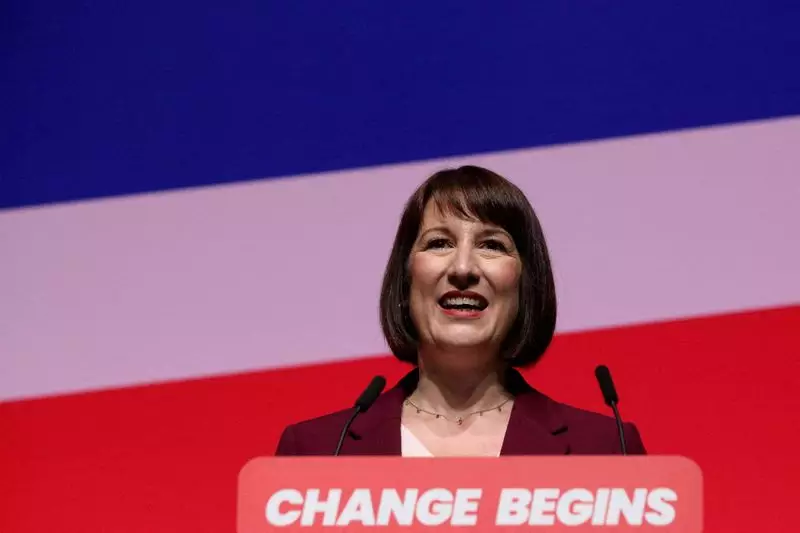As the global economy grapples with various challenges, nations are in search of innovative strategies to reclaim stability and foster growth. Rachel Reeves, the British finance minister, is steering her country towards significant reform with an upcoming budget presentation during her visit to the International Monetary Fund (IMF) and World Bank annual meetings in Washington. This moment could be a decisive turning point for the United Kingdom as Reeves aims to establish a robust economic framework, garnering attention on the world stage.
This upcoming budget will be the Labour Party’s first financial roadmap in over 14 years of being out of power—a significant milestone that underscores a complete policy overhaul. With a proposed goal to generate approximately £40 billion ($52 billion) primarily through adjustments in taxation and restrained public spending, Reeves is tasked with addressing the financial gaps left from previous administrations. This budget won’t just be a financial plan; it represents a broader vision aimed at enhancing public services and revitalizing investment in critical sectors.
While Reeves’s administration approaches its budget with cautious optimism, there is an underlying urgency to revisit the fiscal regulations governing borrowing. Reports suggest that during her meetings at the IMF, she may signal intentions to modify the stringent fiscal rules that have previously constrained government borrowing capacity. Such changes could lead to a redefined approach to public finances, emphasizing growth-oriented investment over austerity measures.
Notably, Reeves expressed her commitment in a recent statement: “Our upcoming Budget will be a reset for our economy as we invest in the foundations of future growth.” This declaration encapsulates her proactive approach to not only reassure the domestic populace but also to project a message of leadership on global issues including international conflicts.
Reeves’s trip aligns with Britain’s broader objectives as it makes substantial commitments on the international front. The United Kingdom has pledged $3 billion to support Ukraine in its defense efforts, as part of a larger initiative coordinated with the Group of Seven (G7) nations. This engagement is significant—not just for diplomatic ties but also for asserting the UK’s stance in a turbulent geopolitical landscape.
Moreover, Reeves advocates for broadening developmental financing for emerging economies, advocating a more transparent and equitable global financial system—a vital direction to align with the United Nations’ Sustainable Development Goals. Such initiatives indicate a holistic vision that transcends domestic focuses and underlines the importance of global cooperation.
Despite the optimism infused into Reeves’s forthcoming budget, messages from the IMF caution against overly jubilant expectations. The global lender recently upgraded its 2024 growth forecast for the UK, yet the projected rates—1.1% for 2024 and 1.5% for 2025—remain relatively modest when viewed through the historical lens of British economic performance.
Alongside this, the IMF also highlighted the urgent need for the UK and its peers in the G7 to manage rising public debt levels effectively. Reeves faces the dual challenge of stimulating growth while also diligently managing the fiscal responsibilities that come with public investment.
One intriguing area of discourse involves Reeves’s consideration of revamping the framework governing public debt. By shifting focus to metrics like public sector net financial liabilities—capturing more illiquid financial assets—the government could navigate around the confines of current definitions. This strategic pivot could potentially unlock an additional £50 billion in borrowing capacity, thus enabling Reeves to finance more aggressive public investment initiatives.
Such changes could counterbalance the delicate act of managing national debt while also pursuing critical economic reforms designed to reignite growth and innovation within the UK’s public services.
In encapsulation, Rachel Reeves’s upcoming budget presentation marks an essential inflection point for Britain as it endeavors to reclaim its position in the global economic landscape. With a blend of prudent fiscal reform and bold international commitments, there is a palpable sense of hope for the nation’s economic revival. As Reeves prepares to unveil her vision, the world will be watching closely, eager to see how the post-pandemic era may unfold under her stewardship. The success of this administration may well hinge on their ability to navigate these complex, intertwined challenges in the months ahead.

